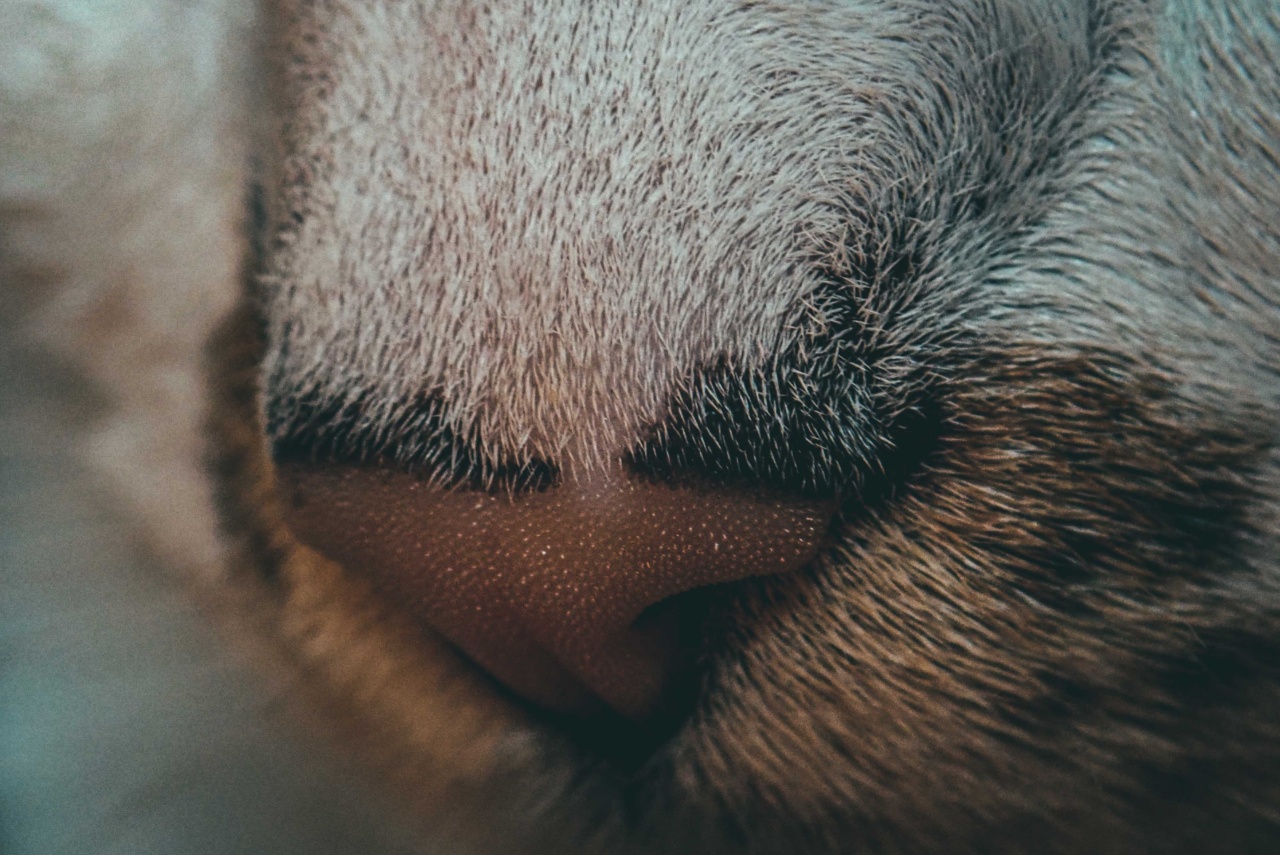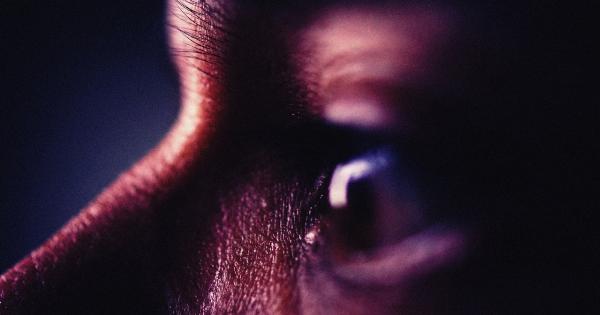Mosquitoes are small flying insects that belong to the family Culicidae. These pesky creatures are known for their itchy bites and ability to transmit diseases such as malaria, dengue fever, and Zika virus.
Understanding the behavior of mosquitoes and how they locate their hosts has always been of great interest to researchers and scientists. One key aspect of their behavior is their sense of smell, which plays a crucial role in their search for a blood meal.
The Anatomy of a Mosquito
Before diving into the intricacies of mosquito behavior, let’s first take a closer look at their anatomy. Mosquitoes have a slender body divided into three main parts: the head, thorax, and abdomen.
Their head contains various sensory structures, including their sense organs responsible for detecting odors. These organs are what allow mosquitoes to locate potential hosts.
The Sense of Smell in Mosquitoes
Mosquitoes possess a highly developed sense of smell that helps them navigate their environment and find sources of blood.
They rely on chemical cues, primarily carbon dioxide (CO2) and various volatile chemical compounds emitted by their hosts, to locate their next meal.
Carbon Dioxide: When we exhale, we release carbon dioxide into the air. Mosquitoes have specialized sensors known as maxillary palps, located near their mouthparts, which are highly sensitive to this gas.
They can perceive minute changes in carbon dioxide concentration, allowing them to track their hosts from a distance.
Volatile Chemical Compounds: Apart from carbon dioxide, mosquitoes are also attracted to other chemicals emitted by their hosts, such as lactic acid, ammonia, and certain fatty acids.
These compounds act as cues for female mosquitoes, who require a blood meal for egg production. By detecting these chemicals, mosquitoes can accurately zero in on potential hosts.
Mosquitoes and the Human Odor
Humans have a distinct odor that mosquitoes find particularly attractive. The complex blend of chemicals emitted by our bodies, such as sweat and skin secretions, acts as an enticing signal for these insects.
Researchers have discovered that certain individuals are more attractive to mosquitoes than others, and this variation can be attributed to differences in body odor.
Factors Influencing Mosquito Attraction
Several factors influence a mosquito’s attraction to an individual:.
Blood Type: Studies have found that mosquitoes are more attracted to individuals with type O blood than those with type A or B blood. This variation in attraction can be linked to the different chemicals present in each blood type.
Metabolism: Mosquitoes are drawn to individuals with a high metabolic rate. This is why pregnant women, who produce more carbon dioxide and heat, are often more attractive to mosquitoes.
Genetics: There is evidence to suggest that certain genetic factors influence how attractive a person is to mosquitoes. Some individuals naturally produce higher levels of chemical compounds that mosquitoes find irresistible.
Mosquito Repellents
The fascinating world of mosquito behavior has led to the development of various mosquito repellents. These substances work by either blocking the mosquito’s sense of smell or by masking or confusing the mosquito’s attraction to human odor.
Common mosquito repellents include:.
DEET: N,N-Diethyl-meta-toluamide (DEET) is one of the most effective and widely used mosquito repellents. It functions by blocking the mosquito’s olfactory receptors, making it harder for them to detect human odor.
Picaridin: Picaridin is another popular repellent that provides protection against mosquito bites. It interferes with the mosquito’s ability to locate its host by masking their attraction to human odors.
Essential Oils: Certain essential oils, such as citronella, lemon eucalyptus, and lavender, are known to repel mosquitoes.
These oils contain compounds that overpower the mosquito’s sense of smell and deter them from landing on our skin.
Conclusion
The sense of smell plays a pivotal role in mosquito behavior. By detecting carbon dioxide and a variety of volatile chemical compounds, mosquitoes can locate their hosts with remarkable precision.
Factors such as blood type, metabolism, and genetics influence a mosquito’s attraction to an individual. Understanding mosquito behavior and their sense of smell has paved the way for the development of effective mosquito repellents, providing us with tools to protect ourselves from these disease-carrying insects.


























